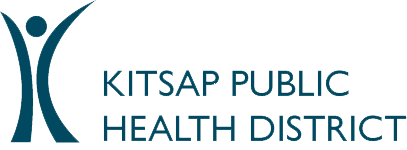Overview
Cholera is an acute, diarrheal illness caused by infection of the intestine with the toxigenic bacterium Vibrio cholerae serogroup O1 or O139. Around 2.9 million cases and 95,000 deaths occur each year around the world. Typically the infection is mild or without symptoms, but approximately 1 in 10 people will develop severe symptoms (watery diarrhea, vomiting, leg cramps). In these severe cases, rapid loss of body fluids leads to dehydration and shock. Without treatment, death can occur within hours.
Cholera bacterium is usually found in water or in foods that have been contaminated by feces from an infected person. Cholera is most likely to occur and spread in places with inadequate water treatment, poor sanitation, and inadequate hygiene. The bacteria can also live in brackish rivers and coastal waters. Shellfish eaten raw have been a source of infection. Rarely, people in the U.S. have contracted cholera after eating raw or undercooked shellfish from the Gulf of Mexico.
You must report suspected or confirmed cholera immediately.
To report, call the reporting line at 360-728-2235 or fax reporting form to 360-813-1168.
Cholera Information and Resources for Healthcare Providers (CDC)
Cause, illness and treatment.
